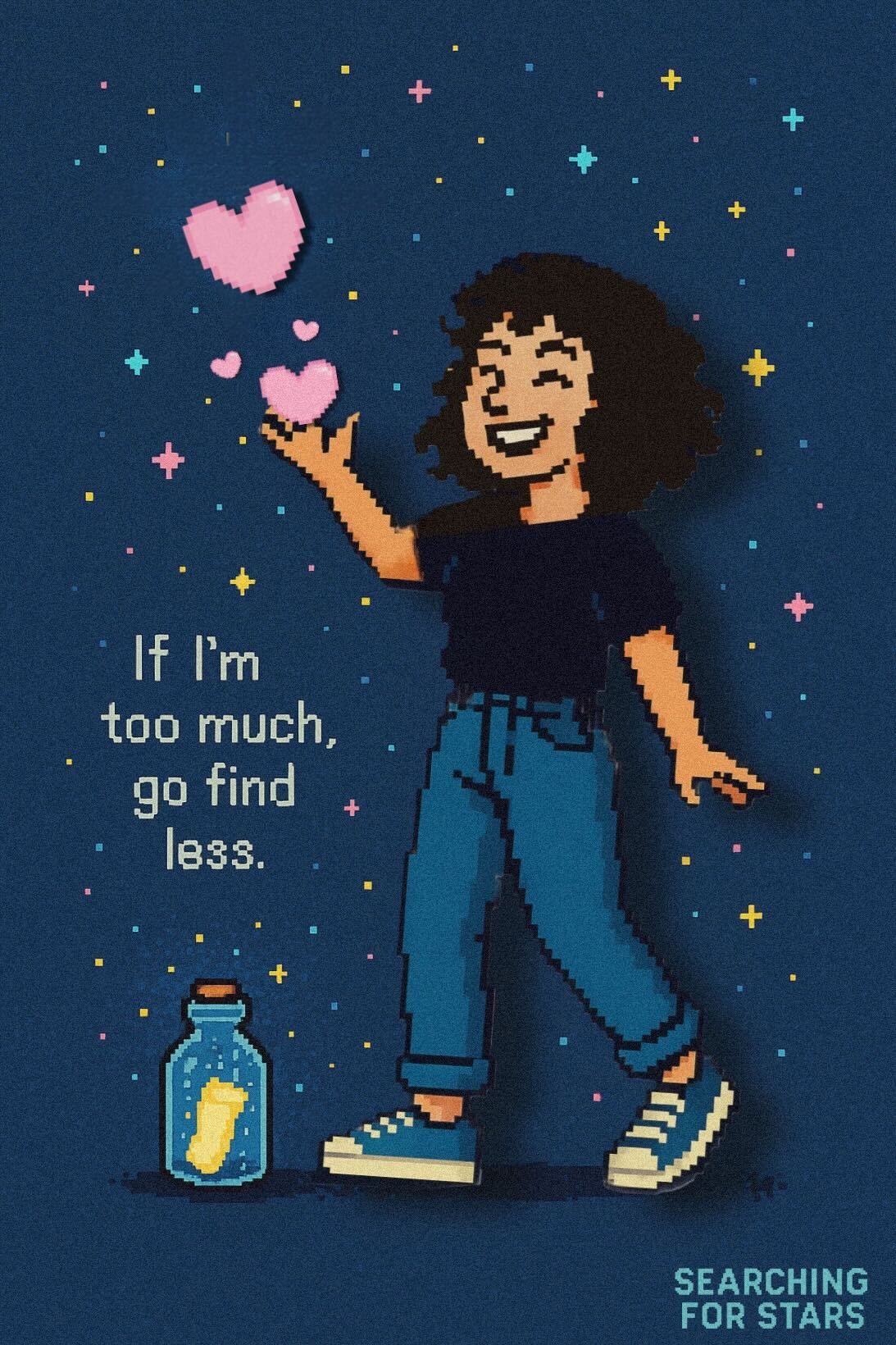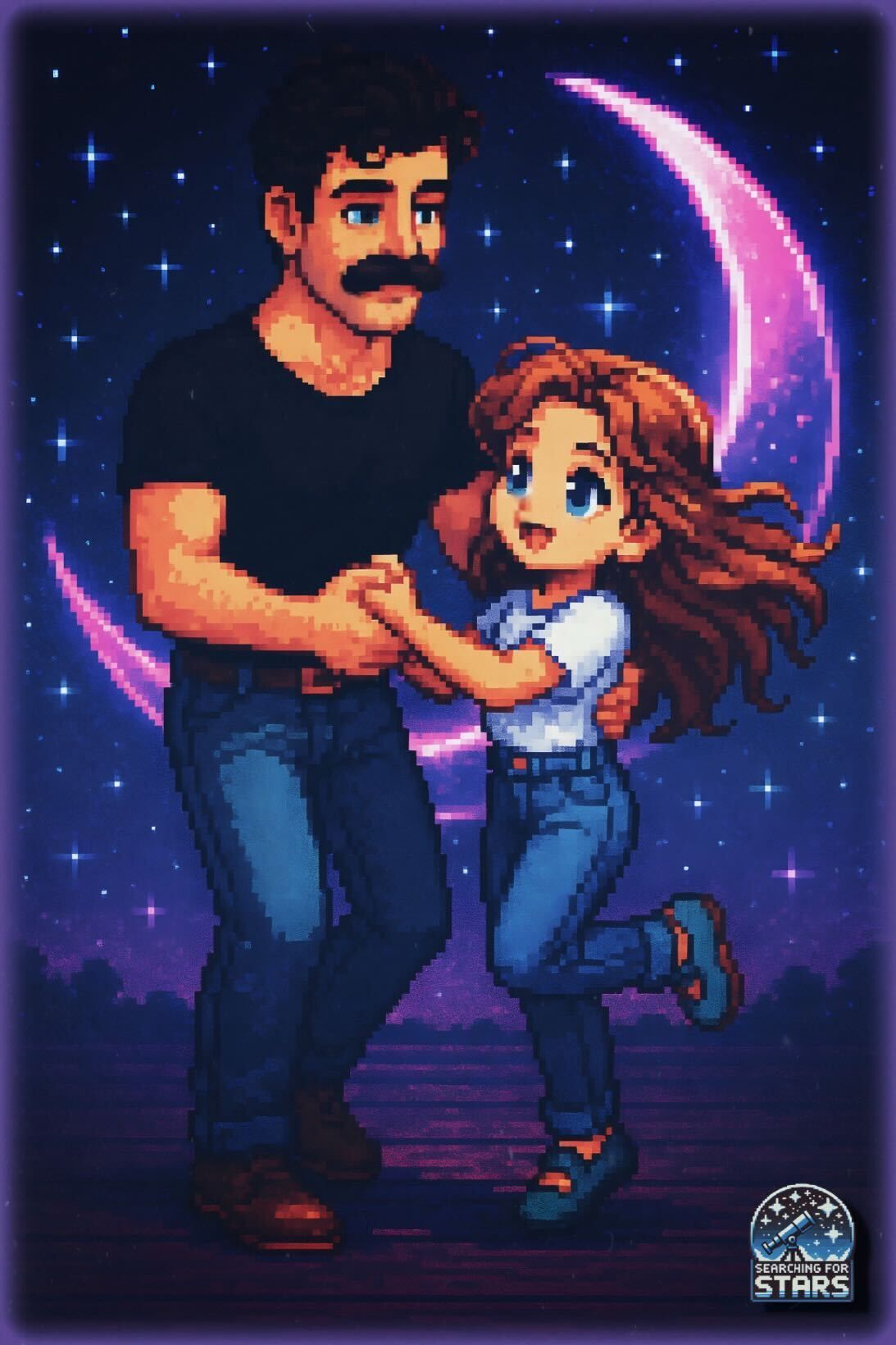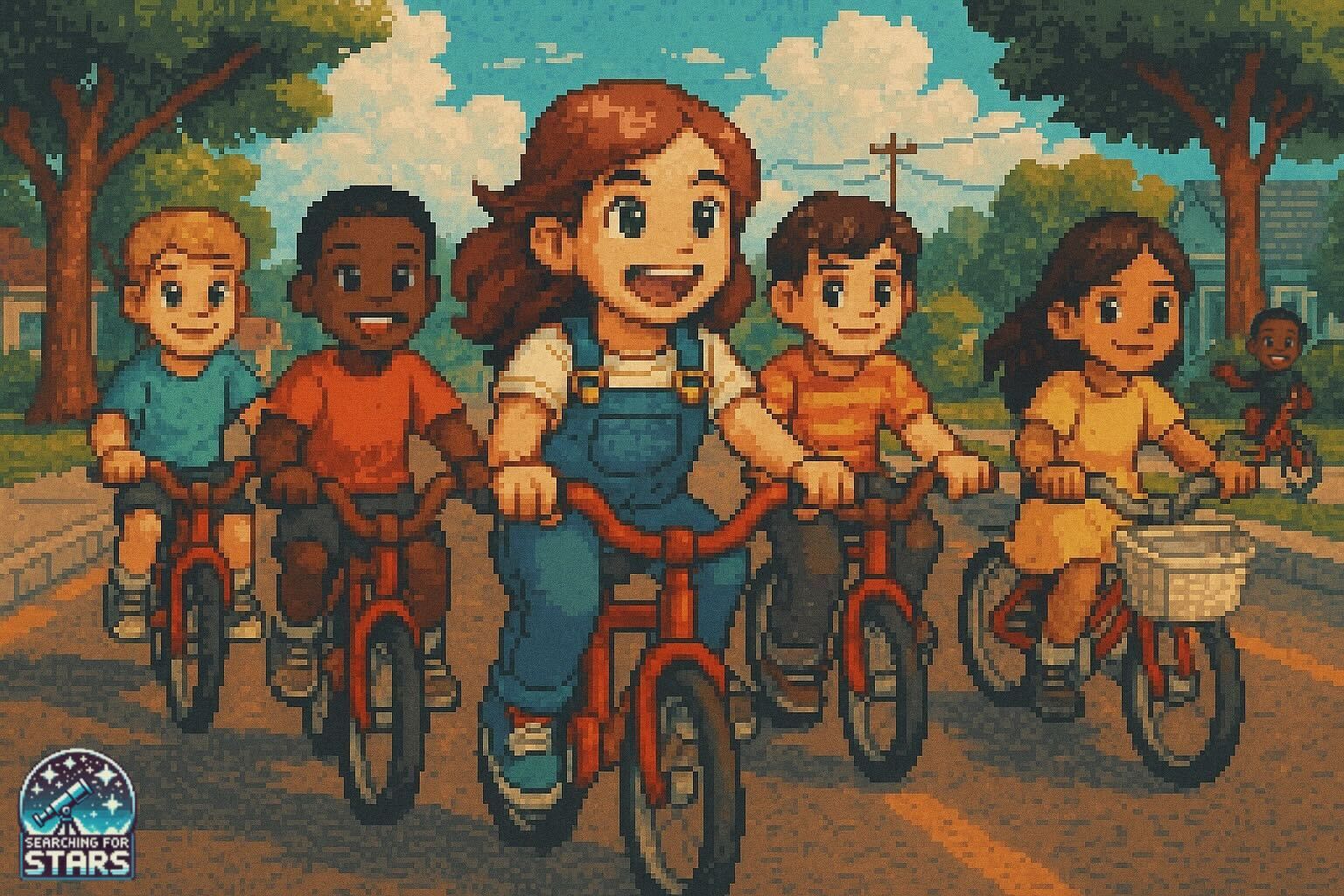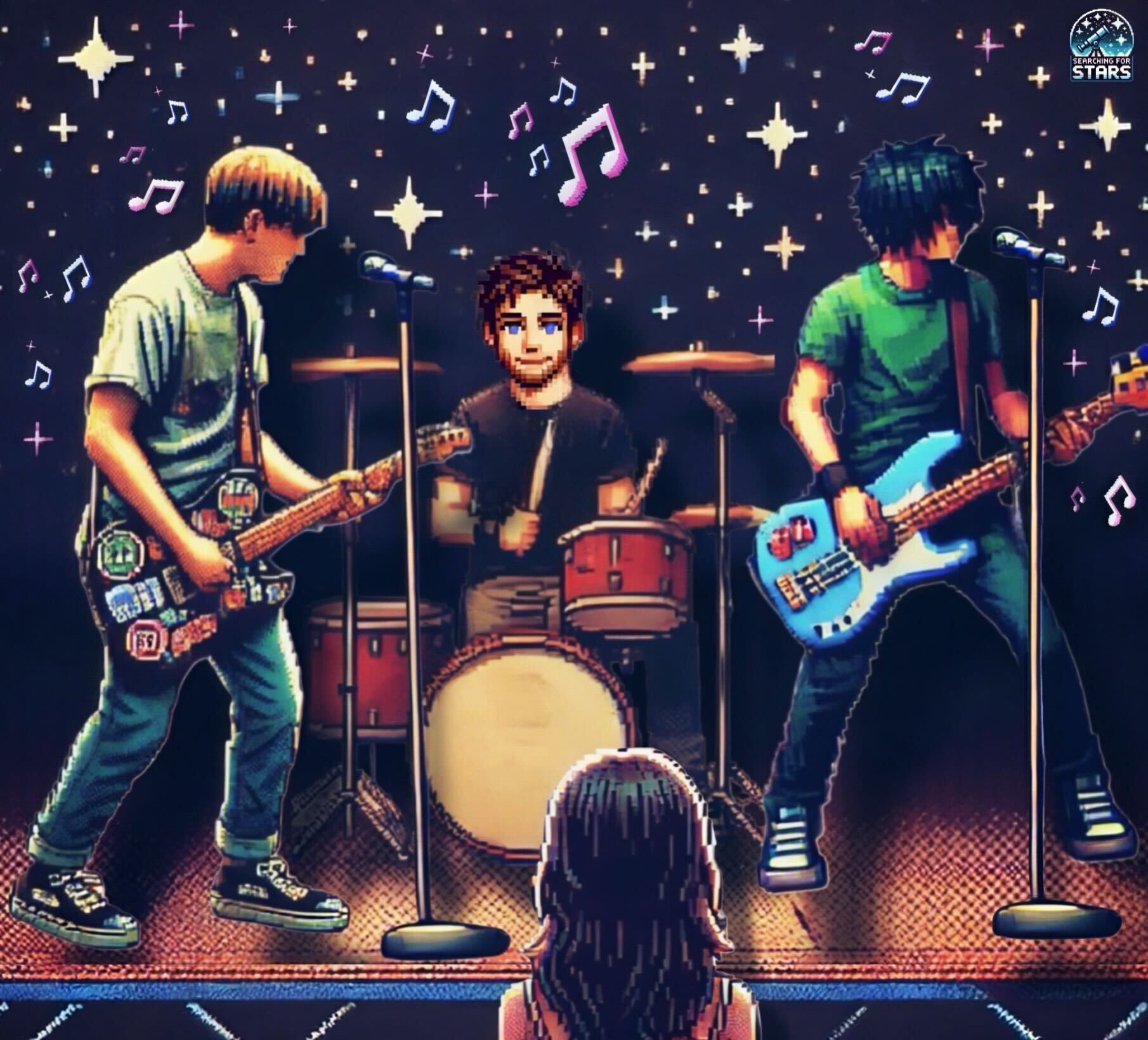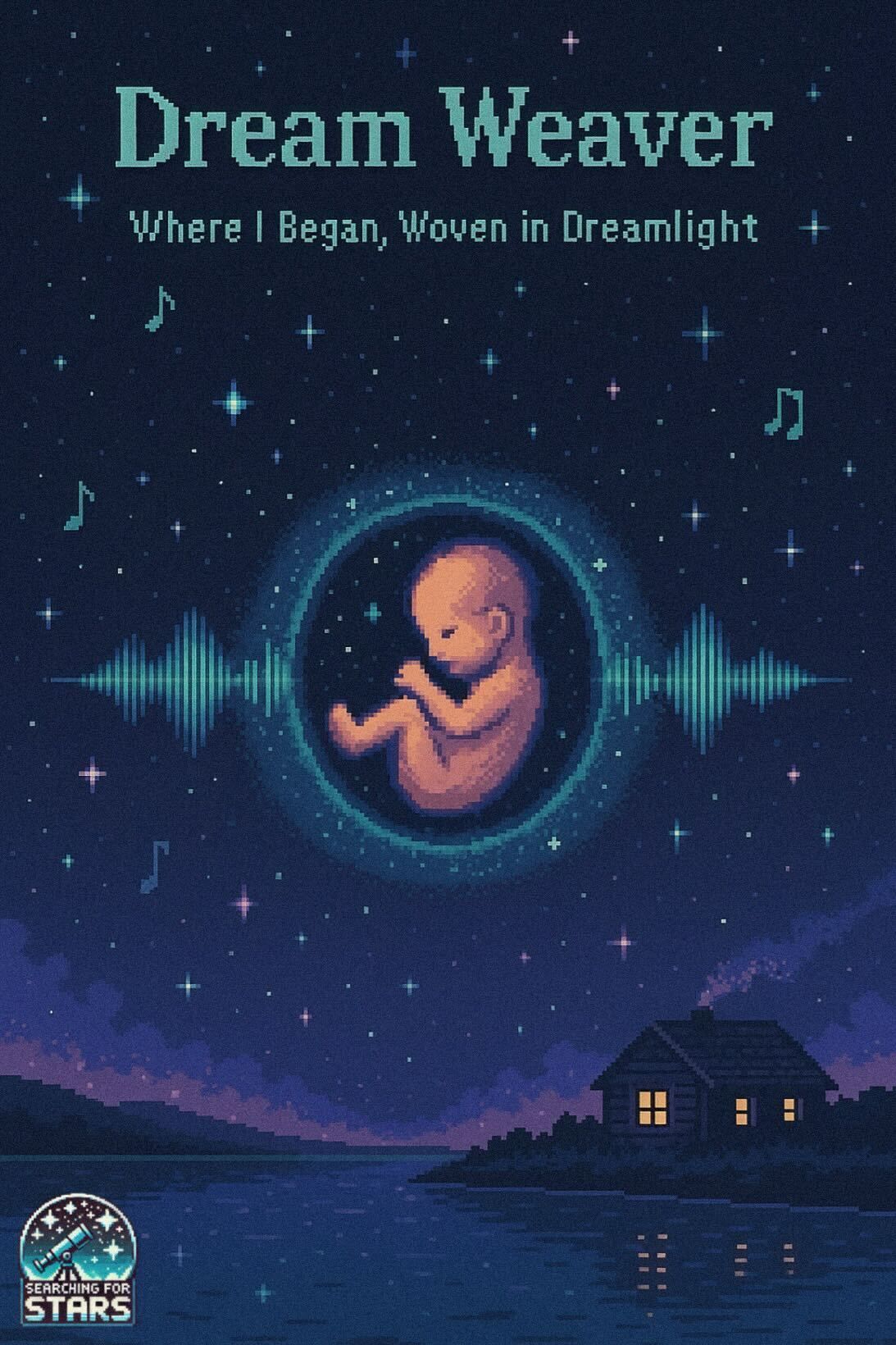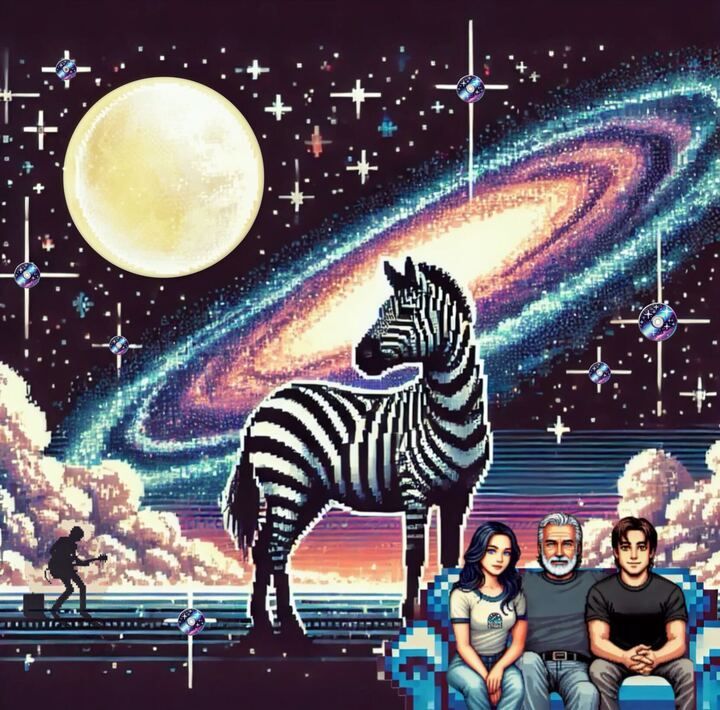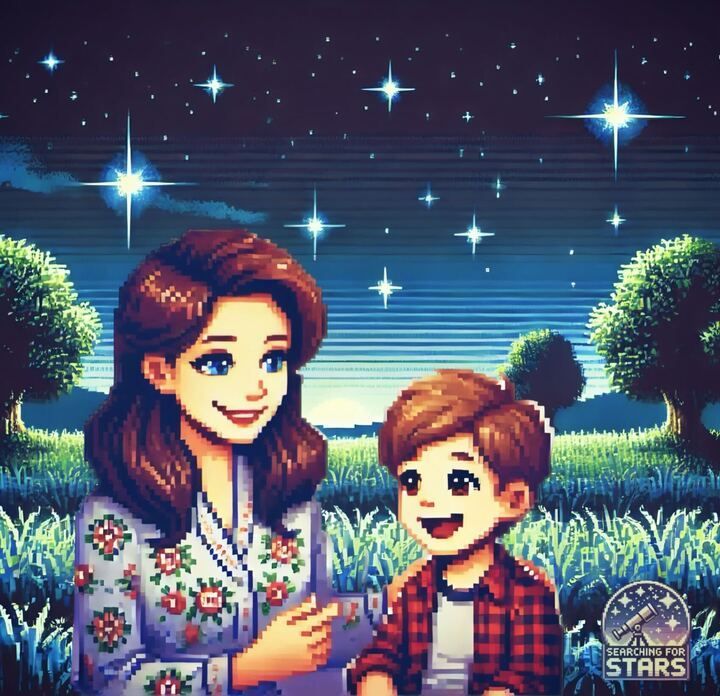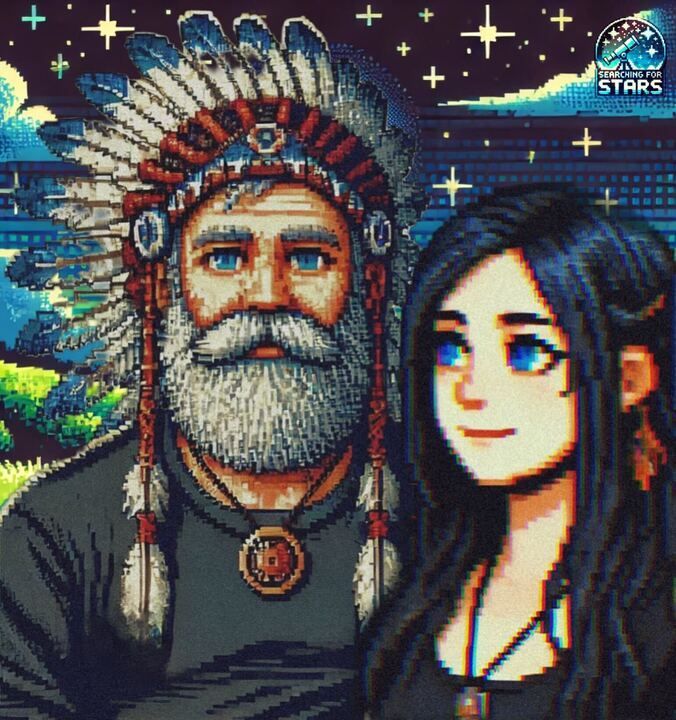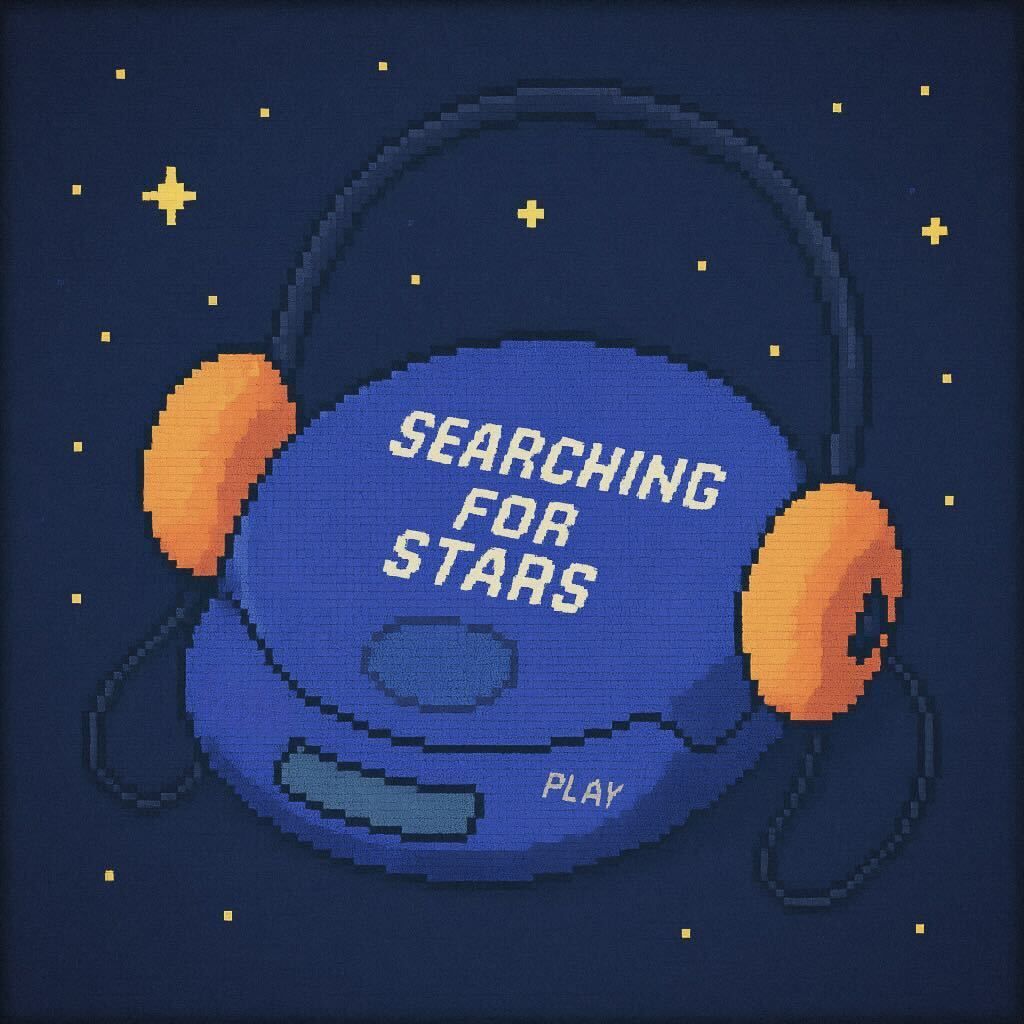Eyesore: Echoes from Midian
Choke: Eyesore
Film: Nightbreed
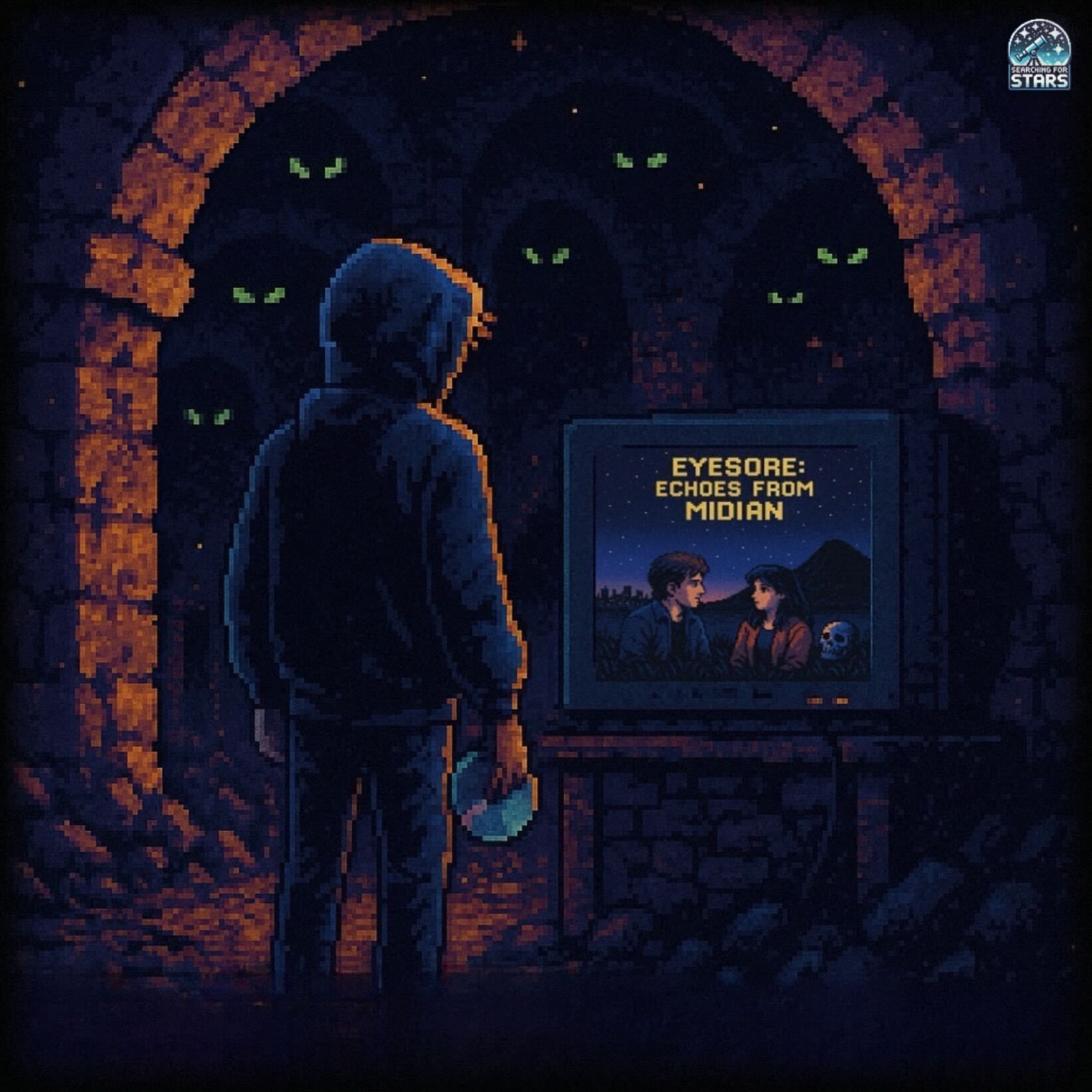
Audio Book Style
We were living in that little apartment, engaged but not yet married, when Jamie brought Nightbreed home from Hastings — the kind of place that sold stories in every form: books, discs, memories. I’d never seen the film before, but he lit up when he asked if I had. “Oh, we have to get it,” he said, and I trusted his taste enough to say yes. We watched it that night on our old TV, curled up in the electric hush of our living room. I was already in love with horror, but this one felt different — magical, mythic. Halfway in, during the Lithium scene, a voice echoed through the speakers and my whole body went still. I knew that voice. “What have you been taking this evening?” “Lithium,” it said, and suddenly I was back in my brother’s car in Lake Charles, Louisiana, hearing Choke’s “Eyesore” for the first time — one of my favorite hardcore songs, now tied to this moment, this movie, this man beside me. My past and present cracked open and spilled into each other. Two worlds colliding, fusing into something deeper.
Back then, I didn’t know where that audio clip came from — just that it haunted me, stuck in my chest like a warning or a truth. “Everybody’s got to believe in something.” That line always got me — not just as a lyric, but like a truth aimed straight at the chest. I didn’t know exactly what I believed in back then, not really. But I believed in that song. I believed in the weight it carried. The way it moved through me like it knew something I hadn’t figured out yet.
I played “Eyesore” on repeat after that first time in the car, windows down, the Louisiana air thick and alive, my brother beside me, both of us caught in that early 2000s underground heartbeat. He was in a band — Victim of Modern Age — part of that same fierce, indie scene — heavy, raw, honest. I was there, lucky to witness it, feel it, soak it up. I never saw Choke live, but their sound felt like it lived in my bones. The lyrics hit hard. The mood hit harder. And the clip at the start of that song — that clip — it hit differently now, hearing it again, years later, wrapped in the glow of Jamie’s recommendation and the deep, aching beauty of Nightbreed.
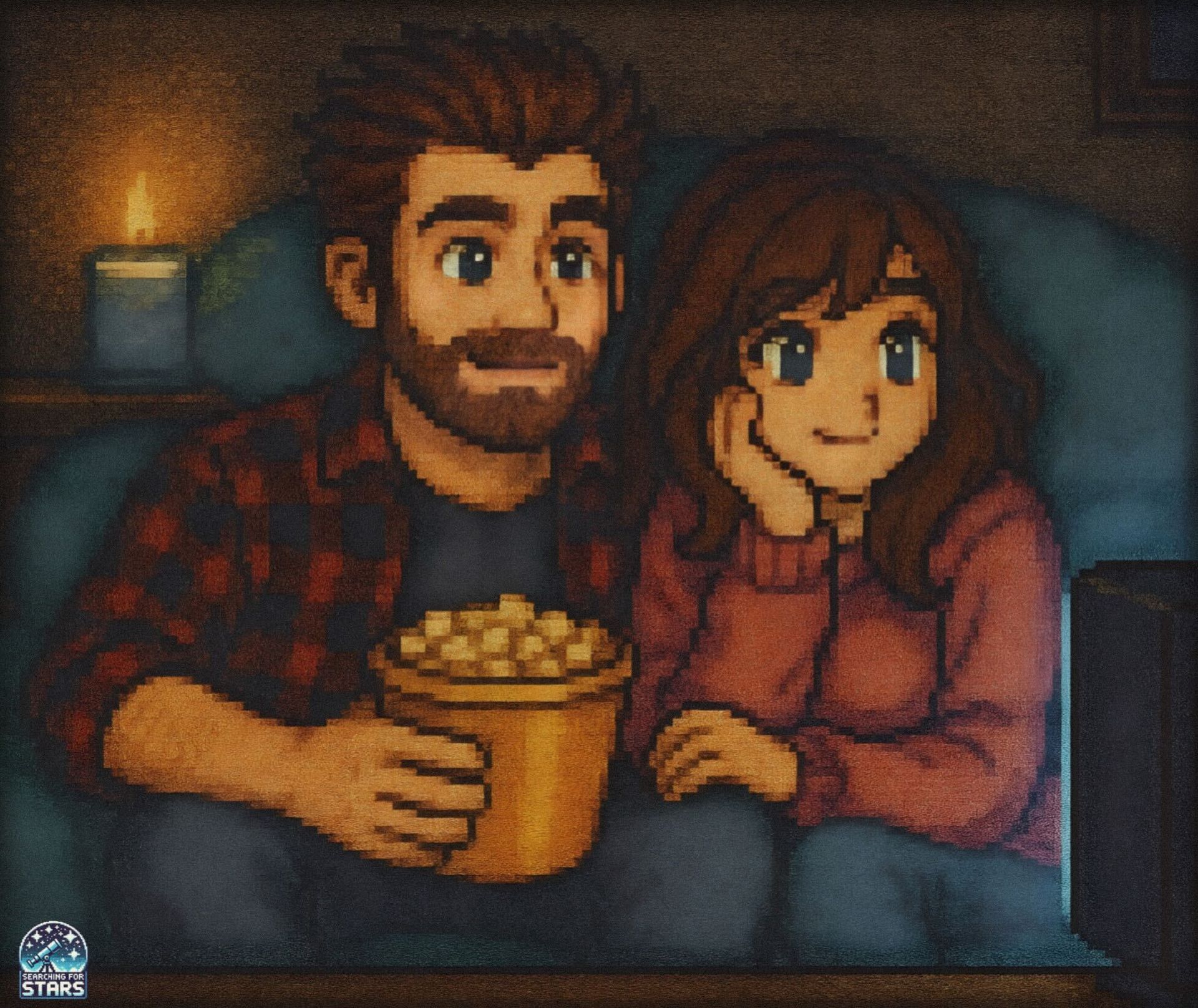
Nightbreed wasn’t just cool — it was unlike anything I’d ever seen. It flipped the whole horror narrative upside down. The monsters weren’t the villains; they were the ones being hunted, misunderstood, destroyed just for existing. Boone wasn’t running from evil — he was running toward something sacred. A secret city called Midian, hidden underground, filled with creatures who weren’t monsters at all, just… different. Watching it, I felt this strange ache — like some part of me already knew that place. The peeling-face scene carved itself into my brain, too. Visceral, disturbing, unforgettable. And weirdly, it stuck with me in a way I never expected — I think about it sometimes in moments of anxiety, when I rub my face, overwhelmed, trying to pull something invisible off. Maybe that’s what the monsters were doing too. Shedding masks. Trying to survive. Trying to be seen.
There’s something about moments like that — when music and memory fold into film, and the past walks into the room without knocking. It reminded me that the things we carry — the songs, the scenes, the people, the pain, the passion — they don’t just fade. They wait. They wait to be seen again, maybe in a movie you never meant to watch, maybe in a line of dialogue you already knew by heart. Nightbreed showed me that the monsters weren’t monsters at all. Just the misunderstood, the hidden, the ones who kept running until they found somewhere to belong. And maybe that’s what we all are — a little monstrous, a little sacred, trying to make sense of the noise. That song still moves through me. That film still echoes. And somewhere between Lake Charles and that apartment with Jamie, between a burned CD and a scene where a man peels off his face, I found something worth holding onto. Something loud. Something alive. Something beautiful in the dark.
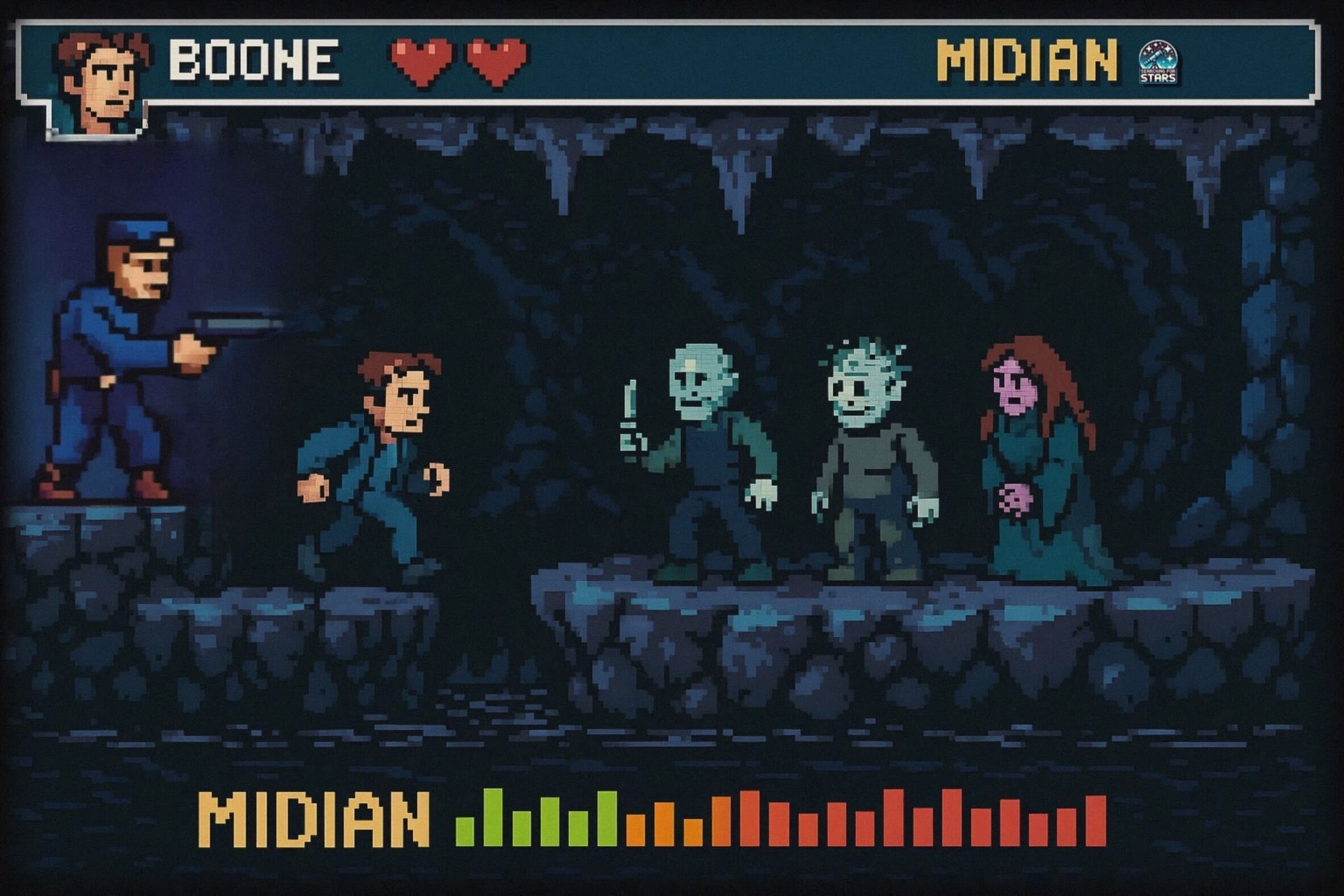
Searching For Stars
